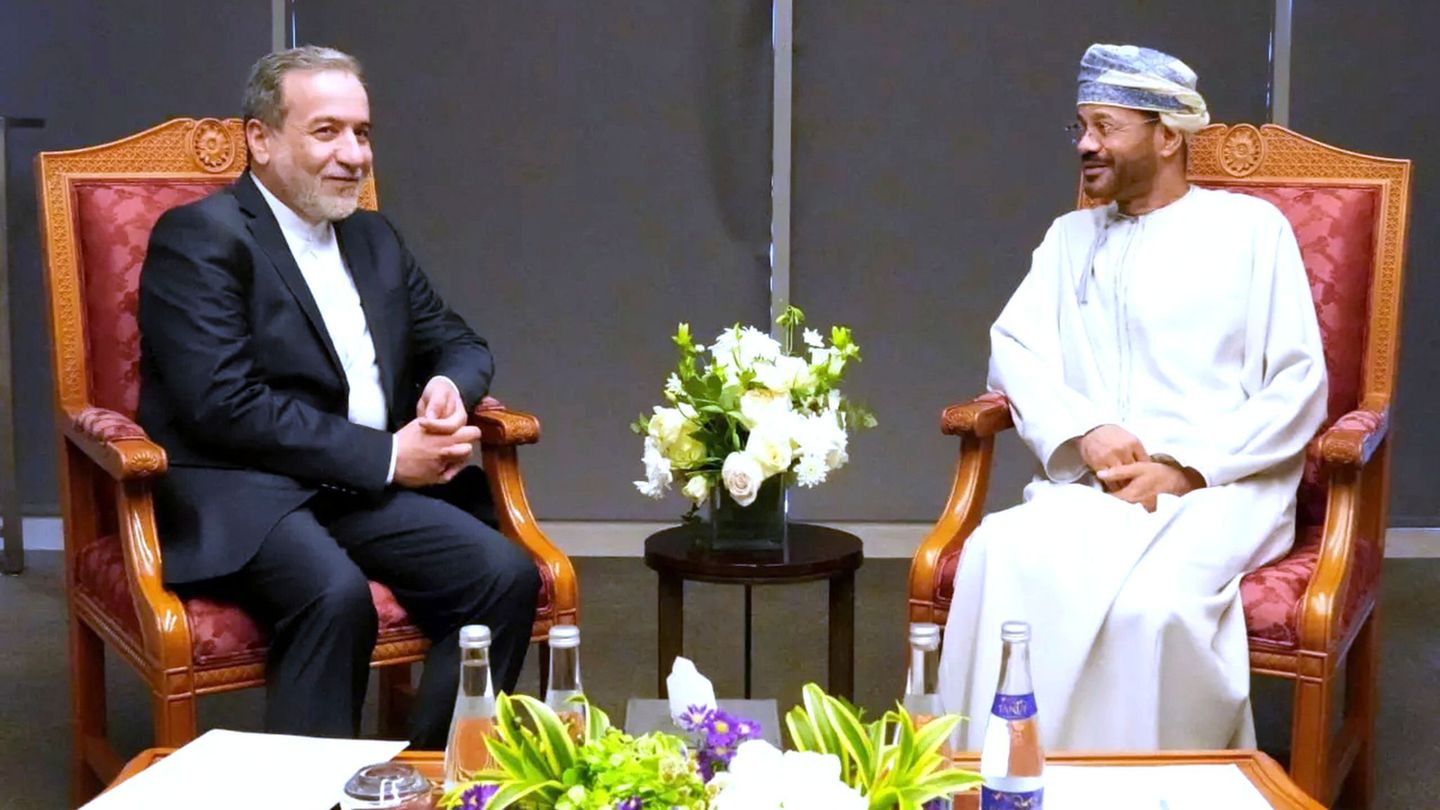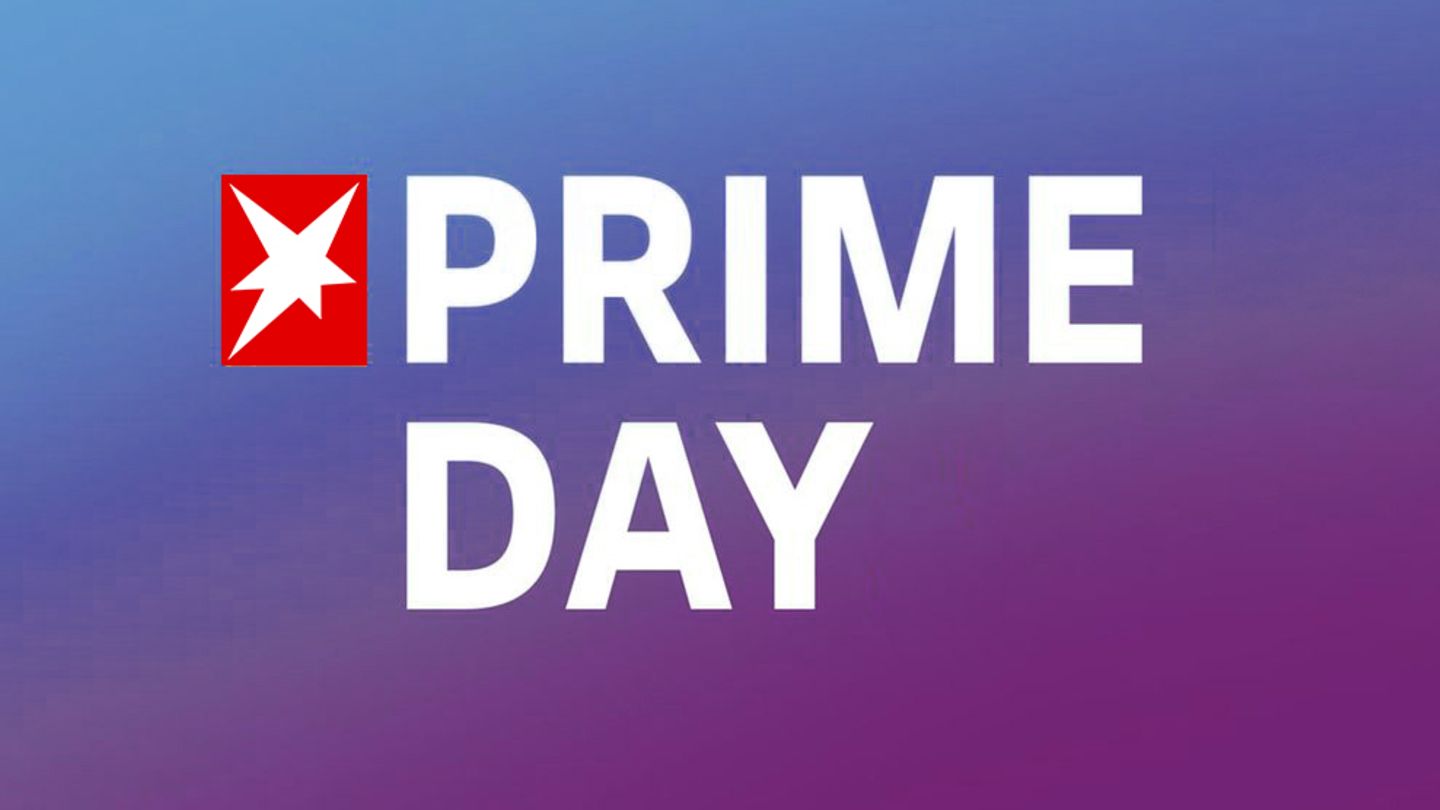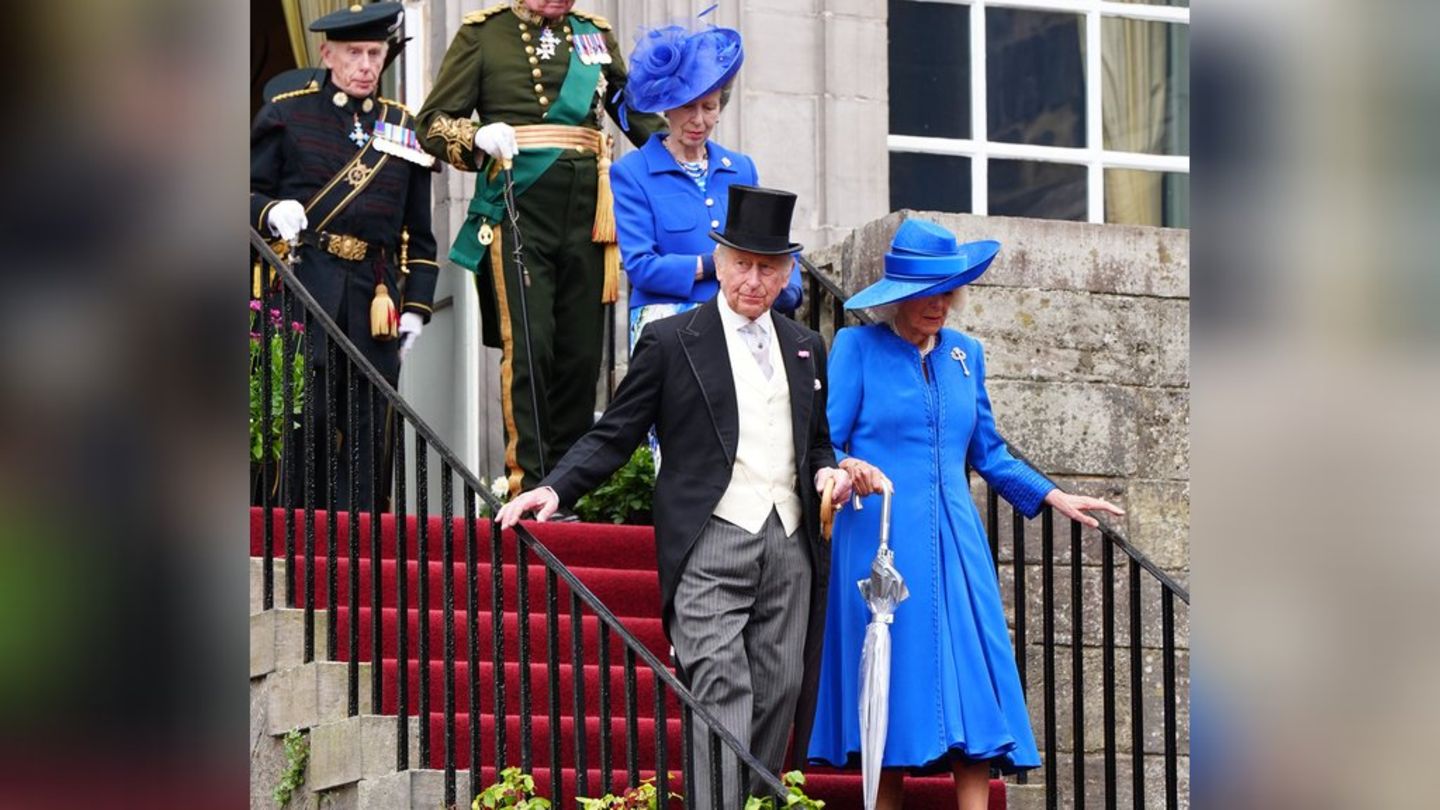Nuclear dispute
USA go with the maximum demand in nuclear negotiations with Iran
Copy the current link
Add to the memorial list
Tehran and Washington are negotiating again on Iran’s nuclear program shortly before US President Trump’s Middle East trip. The time window for a compromise is getting narrower.
Negotiations between Washington and Tehran on Iran’s controversial nuclear program continue. For the fourth round of talks, the US specialist Steve Witkoff and Iran’s Foreign Minister Abbas Aragchi are expected to be expected again in the Omani capital Maskat. The Golf state of Oman conveys between the two countries, which have repeatedly threatened each other militarily in recent years.
The round of nuclear discussions originally scheduled for May 4 in Rome had previously been postponed for “logistical reasons”. Experts, on the other hand, blamed differences and initial difficulties in the negotiation positions for the shift.
The new appointment is now shortly before US President Donald Trump’s Middle East trip. The 78-year-old wants to travel to Saudi Arabia, Qatar and the United Arab Emirates from Tuesday to Thursday.
For years there has been a dispute over the Iranian nuclear program
The focus of the dispute over Iran’s nuclear program is the question of use: While Tehran emphasizes that only civilian purposes are pursuing, governments in the West fear the construction of an atomic bomb. Iranian politicians and officers recently heated the debate with demands for nuclear weapons for military deterrence. US President Trump last threatened Iran with a massive bombardment, should there be no deal.
In 2015, Iran had agreed to restrict its nuclear program in the Vienna nuclear Agreement after long negotiations with China, Russia, the USA, France, Germany and Great Britain. However, Trump unilaterally got out of the pact in 2018 and imposed new, hard sanctions. Then Tehran no longer adhered to the requirements of the agreement. Now the US President wants a new deal.
USA emphasize their maximum demand
With a maximum claim, Witkoff goes to the next round of negotiations, as he explained in an interview with the right -wing populist online portal Breitbart. A central condition of the United States is therefore that Iran gives up its enrichment program completely.
“We believe that you are not allowed to operate uranium enrichment, are not allowed to have centrifugs and have nothing that enables you to build a weapon,” said the special officer. That means a complete disassembly.
Iran uranium currently enhances up to a purity level of 60 percent – according to experts, over 90 percent are required for nuclear weapons. In the Vienna Atomic Agreement, the country was allowed to enrich the country of 3.67 percent and a supply of up to 300 kilograms of uranium. Insider considers it unlikely that Tehran will respond to the US claim and in the future import fuel rods for its civilian nuclear program. The nuclear program has long been considered a symbol of national pride in the Islamic Republic.
Iran hopes for an economic upswing if there is an agreement
The Iranian leadership links the prospect of a new deal on the one hand with a defusing of military tensions in the region, and on the other hand with the abolition of sanctions. In view of the political and economic isolation in recent years, Tehran has significantly expanded his relationships with China and Russia through strategic partnerships. Largely cut off from international payment transactions, the Iranian government continues to achieve its main revenue through oil sales – with China as the most important buyer.
dpa
Source: Stern
I have been working in the news industry for over 6 years, first as a reporter and now as an editor. I have covered politics extensively, and my work has appeared in major newspapers and online news outlets around the world. In addition to my writing, I also contribute regularly to 24 Hours World.




